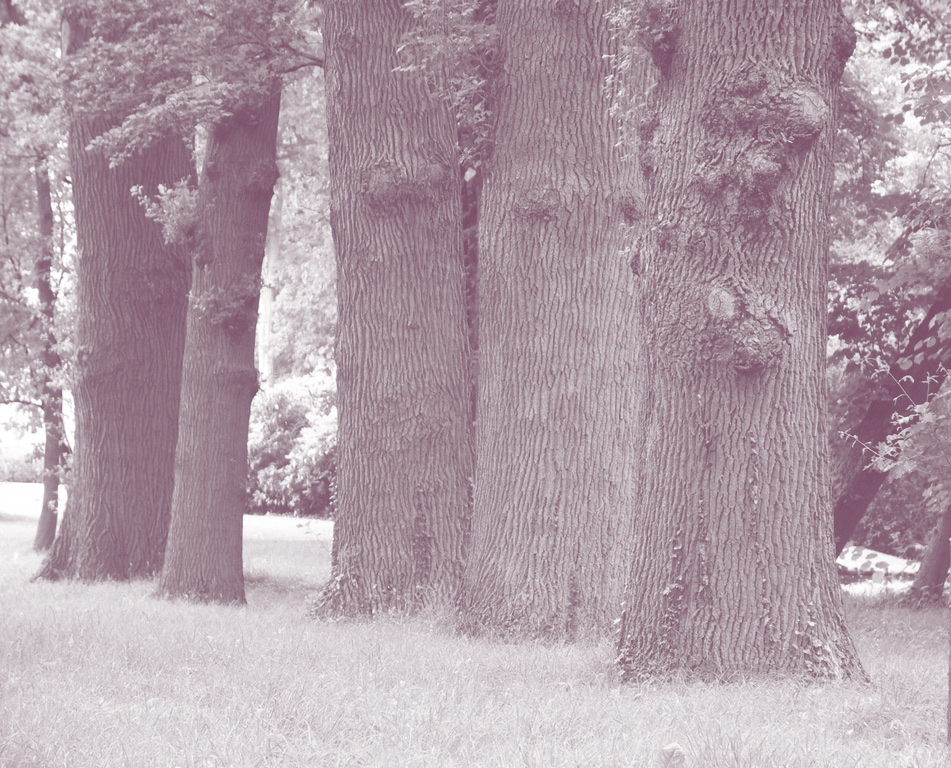'COMMONING'

"… commons and commoning offer generative possibilities to see, learn, and experiment with ways of being-in-common with the world that take into account our shared interdependence and vulnerability, and transform our socio-ecological relations in ways that can address our multifaceted contemporary crises. Within these processes of encountering, recognizing, caring and doing with others, both commons and ‘commoner’ subjectivities emerge. We see in this a potential undoing of the ‘enclosure of conatus’ or human ‘striving’, making possible more diverse ways of being human beyond the Euro-centric Man trapped in exploitative ways of capitalism. We see commons and commoning as significant arenas of encounters between humans and non-humans for practicing and honing the art of interdependent co-existence."
Gustavo A. García-López, Ursula Lang, and Neera Singh, "Commons, Commoning and Co-Becoming: Nurturing Life-in-Common and Post-Capitalist Futures (An Introduction to the Theme Issue)," Environment and Planning E: Nature and Space 4, no. 4 (2021): 1201-1202.
“To speak of the commons as if it were a natural resource is misleading at best and dangerous at worst — the commons is an activity and if anything, it expresses relationships in society that are inseparable from relationships to nature. It might be better to keep the word as a verb, an activity, rather than as a noun, a substantive.”
Peter Linebaugh, The Magna Carta Manifesto: Liberties and Commons for All (Berkeley: University of California Press, 2008), 279.
Photo by Marjoca de Greef